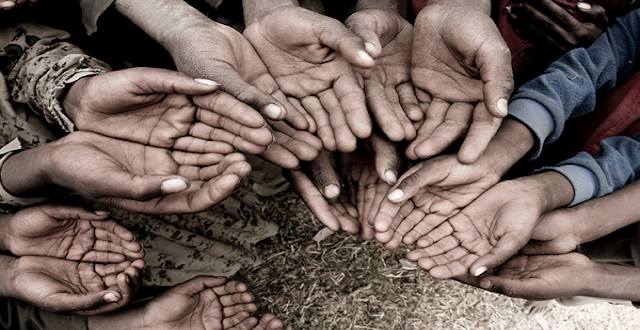Whose punishment would be the most severe?

The Holy Prophet of Islam (peace be upon him and his progeny) said:
“أَشَدُّ النّاسِ عَذَاباً فِى الْقِيامَةِ عَالِمٌ لَمْ يَعْمَلْ بِعِلْمِهِ وَ لَمْ يَنْفَعْهُ عِلْمُهُ”
Translation
One who knows something and does not observe it, and does not use his knowledge, his punishment in the hereafter would be the most severe.1
Brief Description
In Islam, knowledge is always regarded as a tool for practical application and for improving the life of an individual and the society. Otherwise it has no value.
Those who commit a sin unknowingly carry a lesser responsibility than those who do so with knowledge. The responsibility to enlighten others in the society is also proportionate to the degree of one’s knowledge.[divider]
• 1. Bihar al-Anwar, volume 2, page 38









